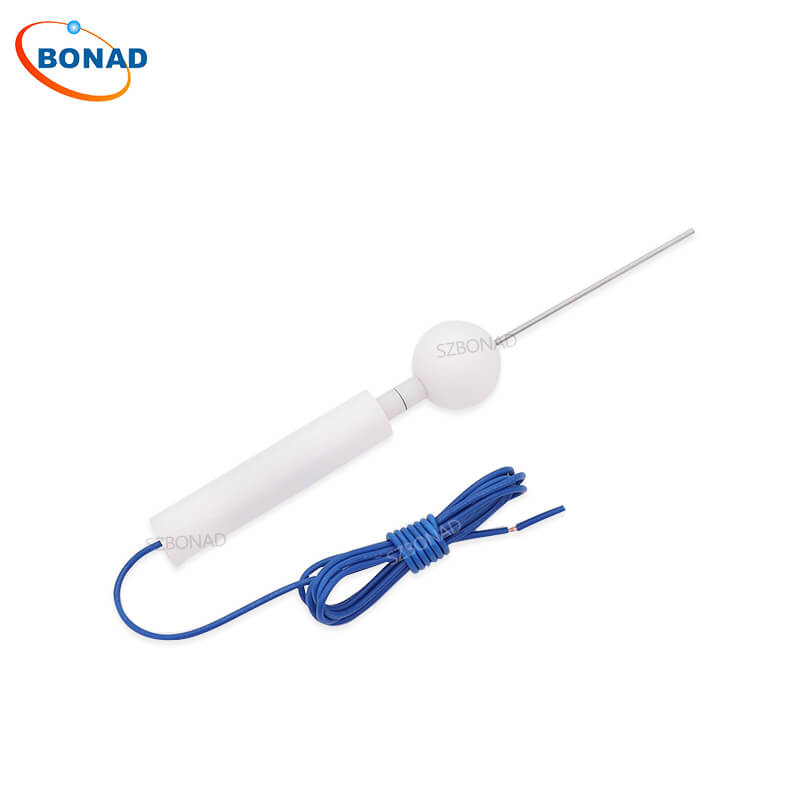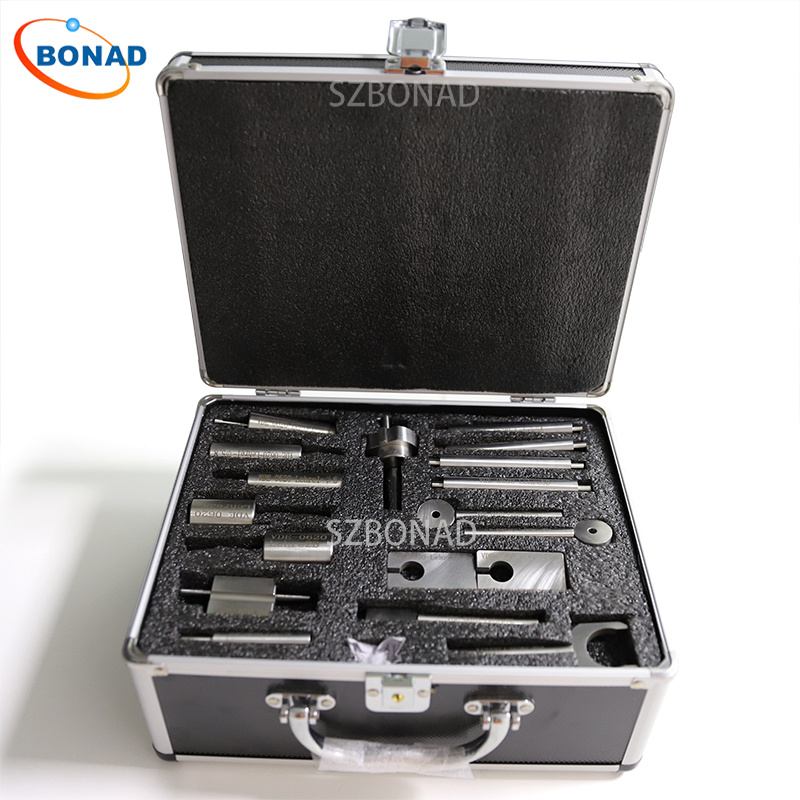Understanding IP4X Testing
IP4X testing is a critical aspect of ingress protection that evaluates the level of defense a product provides against solid foreign objects smaller than 1mm in diameter. An IP4X rating signifies that the product is safeguarded against any object larger than 1mm in diameter and longer than 5mm.
The testing process involves rigorous examinations to ensure the product meets the required standards for protection against solid foreign objects. During these tests, a wire probe with a diameter of 1mm and a length of 5mm is used to check for any openings in the product’s enclosure. If the probe cannot penetrate the enclosure, the product passes the test and earns an IP4X rating.
This rating is crucial for designers and manufacturers, especially when developing products for environments where small solid particles may be present, such as manufacturing facilities, laboratories, and automotive settings. These particles could potentially damage the product or hinder its performance.
The IP4X Testing Procedure
To achieve an IP4X rating, a test wire with a 1mm diameter is used to probe the enclosure for any gaps or openings that might allow solid objects to enter. The wire is applied with a force of 1N to all accessible surfaces, including sides, top, bottom, doors, and panels. It also examines joints, seams, and other areas prone to openings.
If the test wire does not enter or only penetrates less than 1mm into the enclosure, it qualifies for an IP4X rating. Conversely, if it enters deeper than 1mm, it fails to meet the criteria. Additionally, a visual inspection ensures no openings greater than 1mm in any direction under normal lighting conditions.
Benefits of IP4X Testing for Manufacturers
IP4X testing offers several advantages for manufacturers:
- Compliance: Regulatory bodies often require IP4X testing to ensure products meet safety standards. Compliance helps manufacturers avoid fines and legal issues.
- Quality Assurance: By undergoing IP4X testing, manufacturers can guarantee their products provide the claimed level of protection, building customer trust and boosting sales.
- Design Improvement: The testing process can reveal design flaws or weaknesses in enclosures, allowing manufacturers to make necessary improvements and enhance product quality.
- Competitive Advantage: Achieving a higher IP rating like IP4X differentiates products from competitors and offers unique selling points to customers.
For professional protection level test equipment like BONAD’s offerings, ensuring compliance with ingress protection standards such as IP4X is essential for maintaining high-quality products that meet industry requirements.



